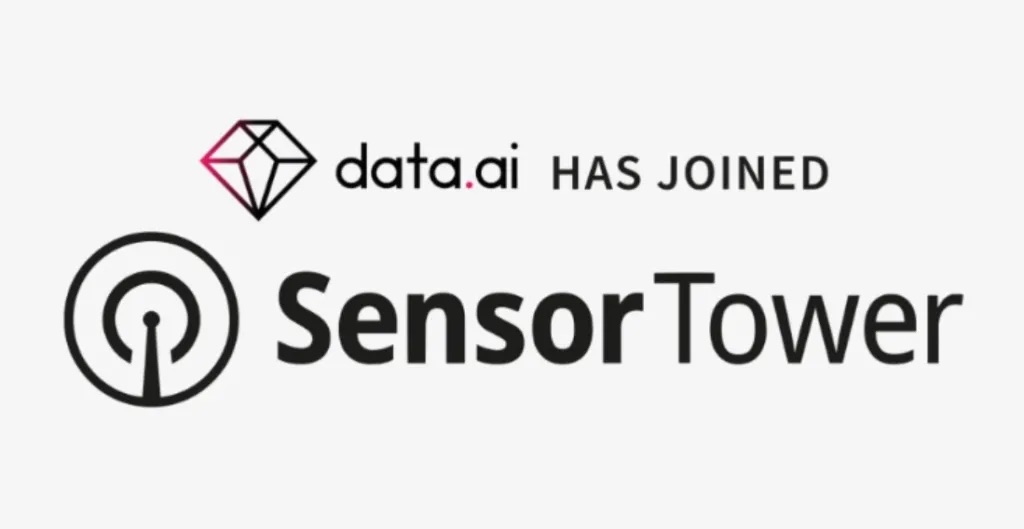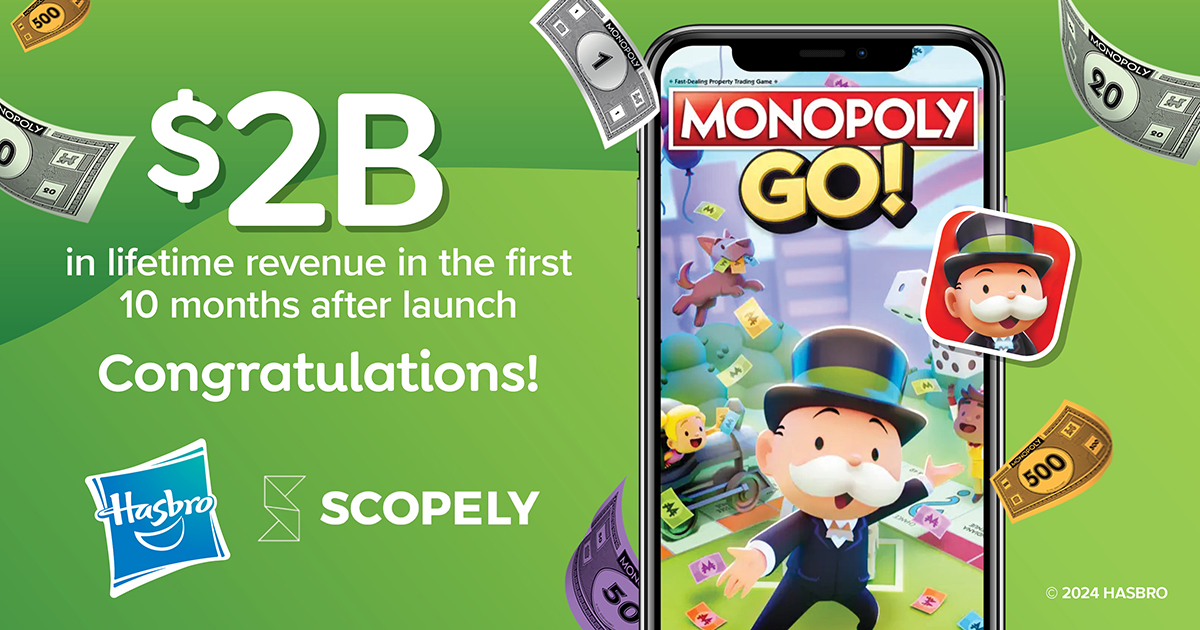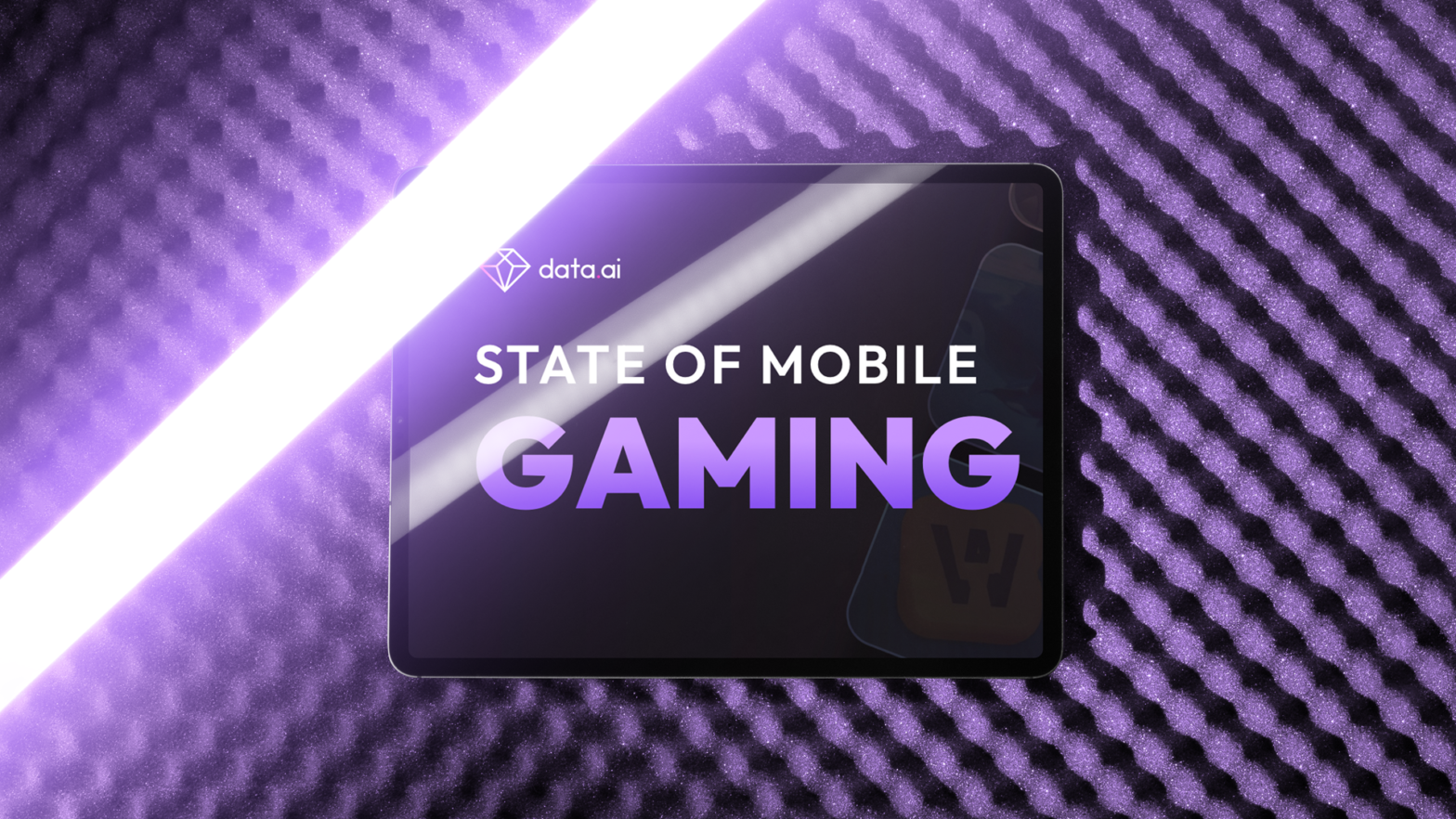Mystical Mixing is the first combination of two subgenres of games that CrazyLabs released. Given the ongoing evolution of hyper-casual games and the changes we’re seeing in the market, our focus is on pushing the boundaries of game innovation by creating games with more depth and higher retention.
Mystical Mixing, Cameo’s second game with CrazyLabs after DIY Makeup (which has generated over 75m downloads) embodies this new approach.
Check out below actionable tips for launching a top-chart game according to Tal Lahav CrazyLabs’ Publishing Manager, Alper Ayduman, Product Owner, and the co-owners of Cameo, Jeppe Nielsen and Thor Damsgaard.
The Biggest Challenge & How We Tackled It
Mystical Mixing’s main core gameplay is a simulation where the player mixes ingredients and adds them to a mixing pot to create an interesting creature. The meta-layer is an idle part where the player sends the newly created creatures with auto-crafting.
The biggest challenge with this game is its hybrid aspect of it. Having essentially two games (simulation and idle) in one, and making sure both parts of the game fit together naturally without one part of the game feeling «neglected» or feeling like an afterthought.
The way that we tackled this was to create a delicate game design, economy balance, and a loop in which the core game (the simulation part) feeds on the meta (the idle part). In order to progress in the game and experience it in the best way, the player needs to play both parts of the game and thus fuel the loop. It was very important in this game to make sure that the meta provided real value to the player in order to keep them engaged.
There was also a large amount of content to be made, having two games in one, with unique, modular, and interesting characters and progression.
Key Takeaways
- Explore the combination of two hyper-casual subgenres — The idea here is to select two subgenres that usually perform well in at least one of the key testing metrics (i.e., CPI, Day 1, ARPU). For Mystical Mixing, we chose simulation as this subgenre has strong potential to generate strong marketability, and Idle subgenres generally generate strong retention and playtime. Once we added the idle element to the game, retention increased from 42% to 59%, and 24-hour playtime went from 18 minutes to 41 minutes.
- Make the subgenres dependent on one another — If you’re going to integrate two subgenres into a game, then it’s advisable to make the merge of the subgenres dependent on one another. As mentioned above, in Mystical Mixing, the meta affects the core, and this creates a loop where the player has to play the core and meta if they want to progress in the game. This is an excellent strategy to employ to increase retention.
- One more tip for selecting subgenres — The idea here is to be open to exploring new subgenres, and you can look for inspiration even outside of hyper-casual. For example, you can check out subgenres in other types of games like casual, and amend it to hyper-casual to create something entirely new.
- Integrating a surprise element into simulation subgenres — After mixing the ingredients in the simulation part of the game, the player will each time receive a new creature (and they have no idea what they’ll get). Integrating surprise elements is a great way to engage players, and therefore, it’s advisable to include as many surprise elements in your game as you can in simulation subgenres.
Why We Chose CrazyLabs As Our Publisher
We’re very fortunate to work with CrazyLabs for many reasons — one of their leading strengths is the Creative Ideation team that gives you a game idea on a silver platter that’s backed by rigorous internal data. This is the second hit game idea that CrazyLabs gave us after DIY Makeup, and we were lucky enough to be chosen given our high production value capacities.

1,708



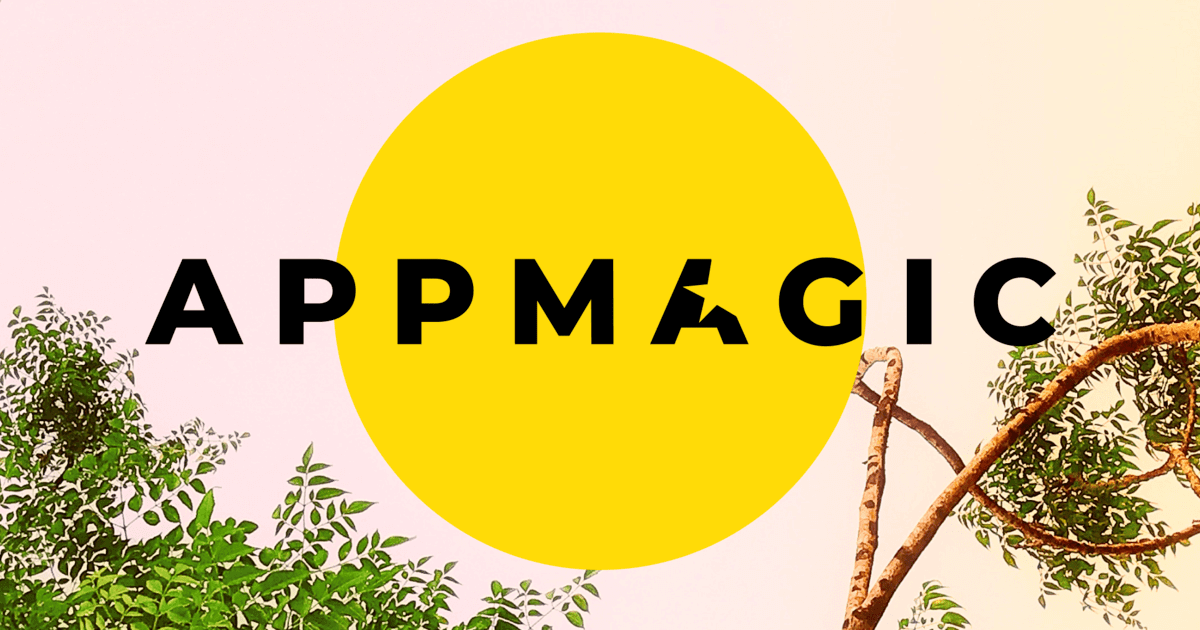
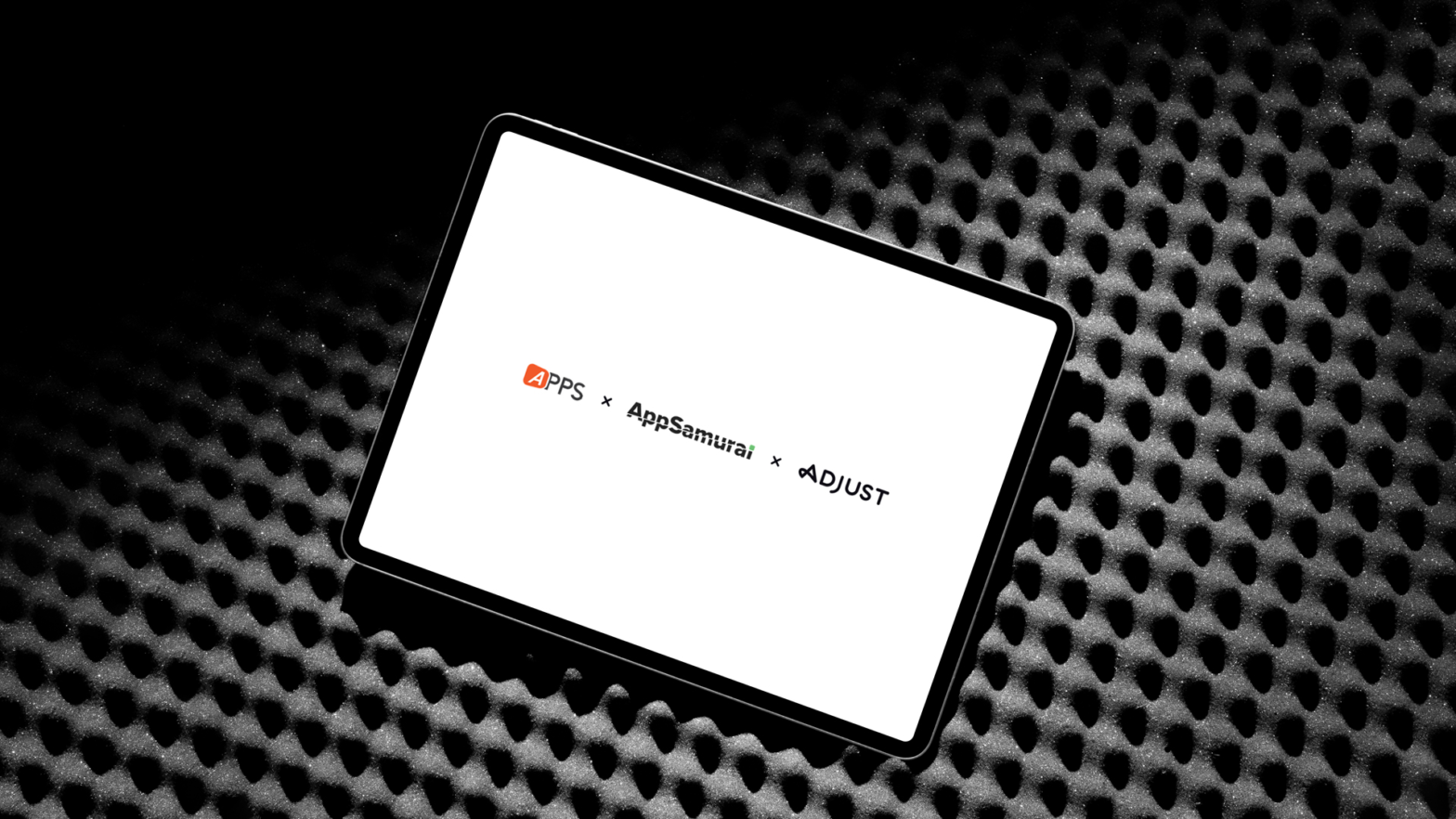




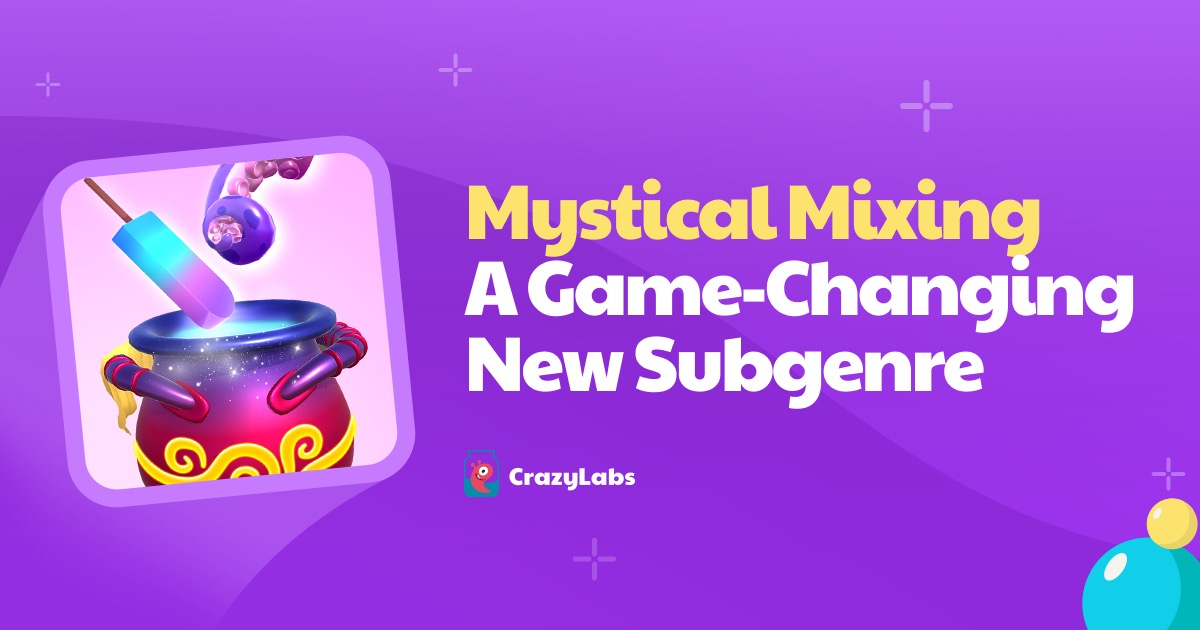
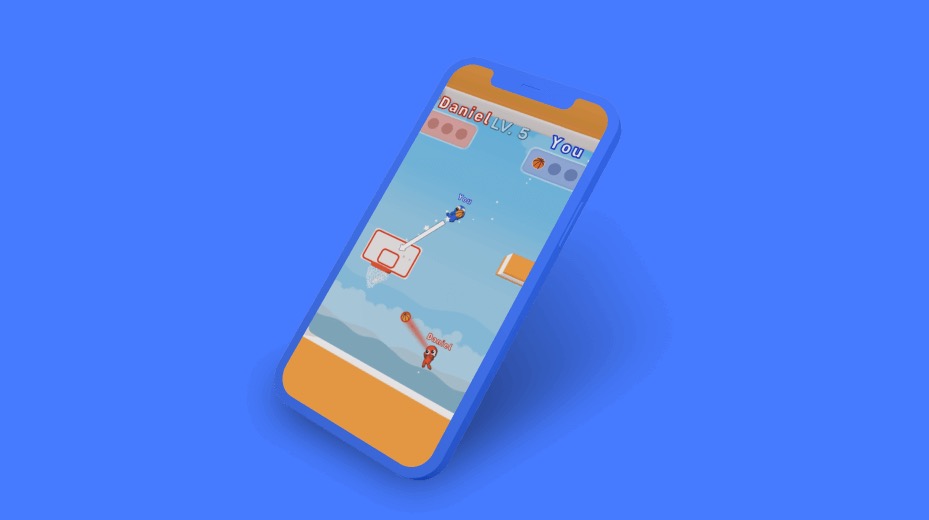
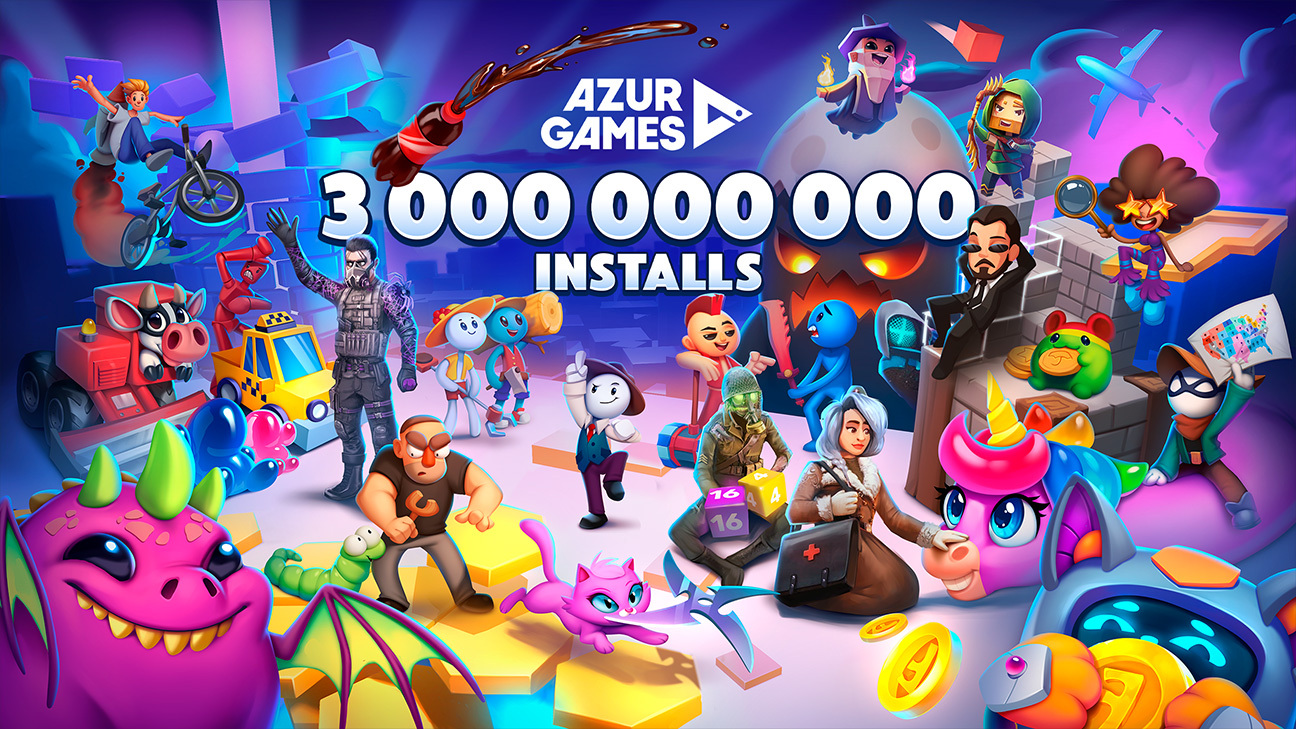
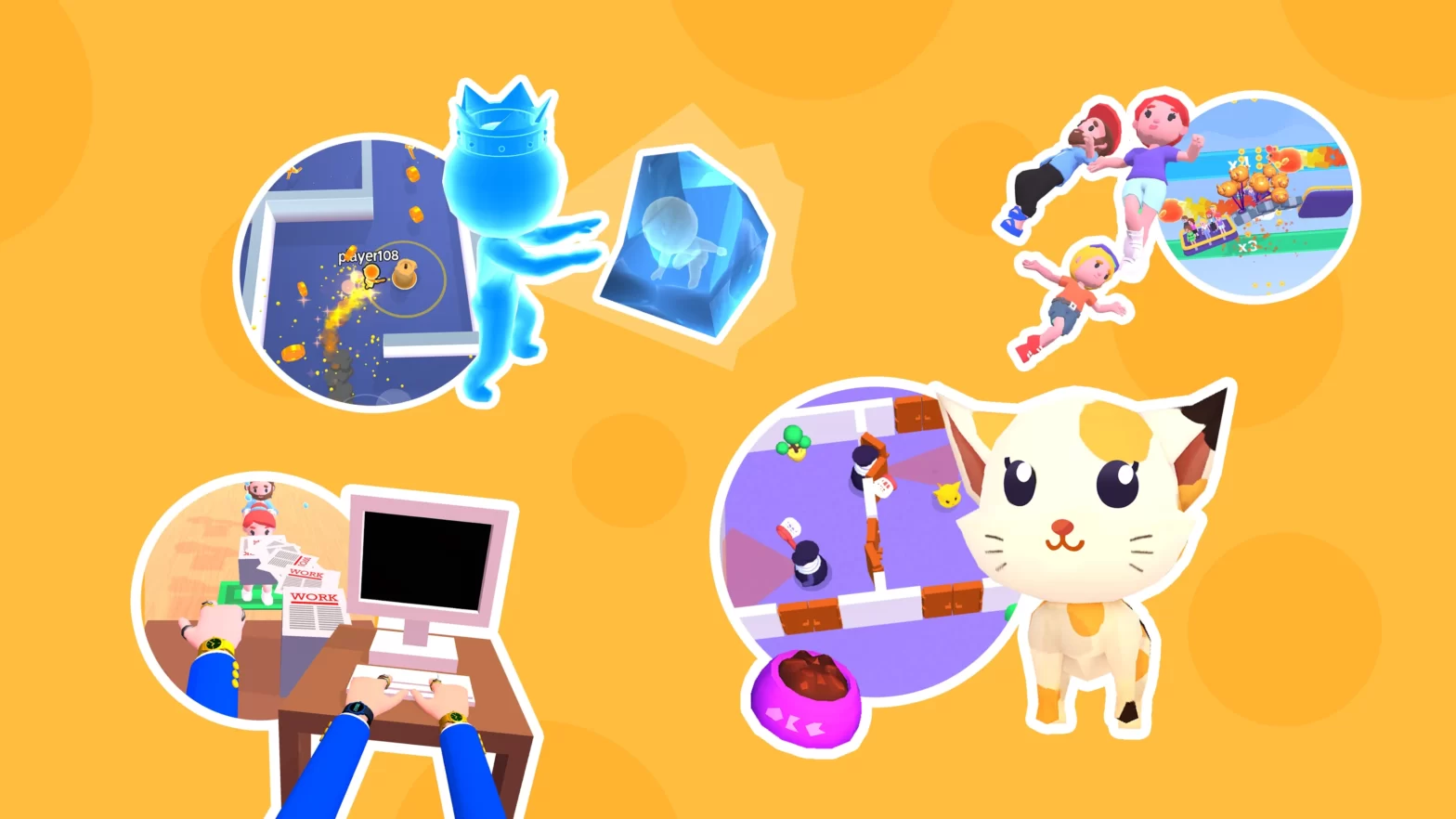
 2 minutes
2 minutes






 1 minute
1 minute
